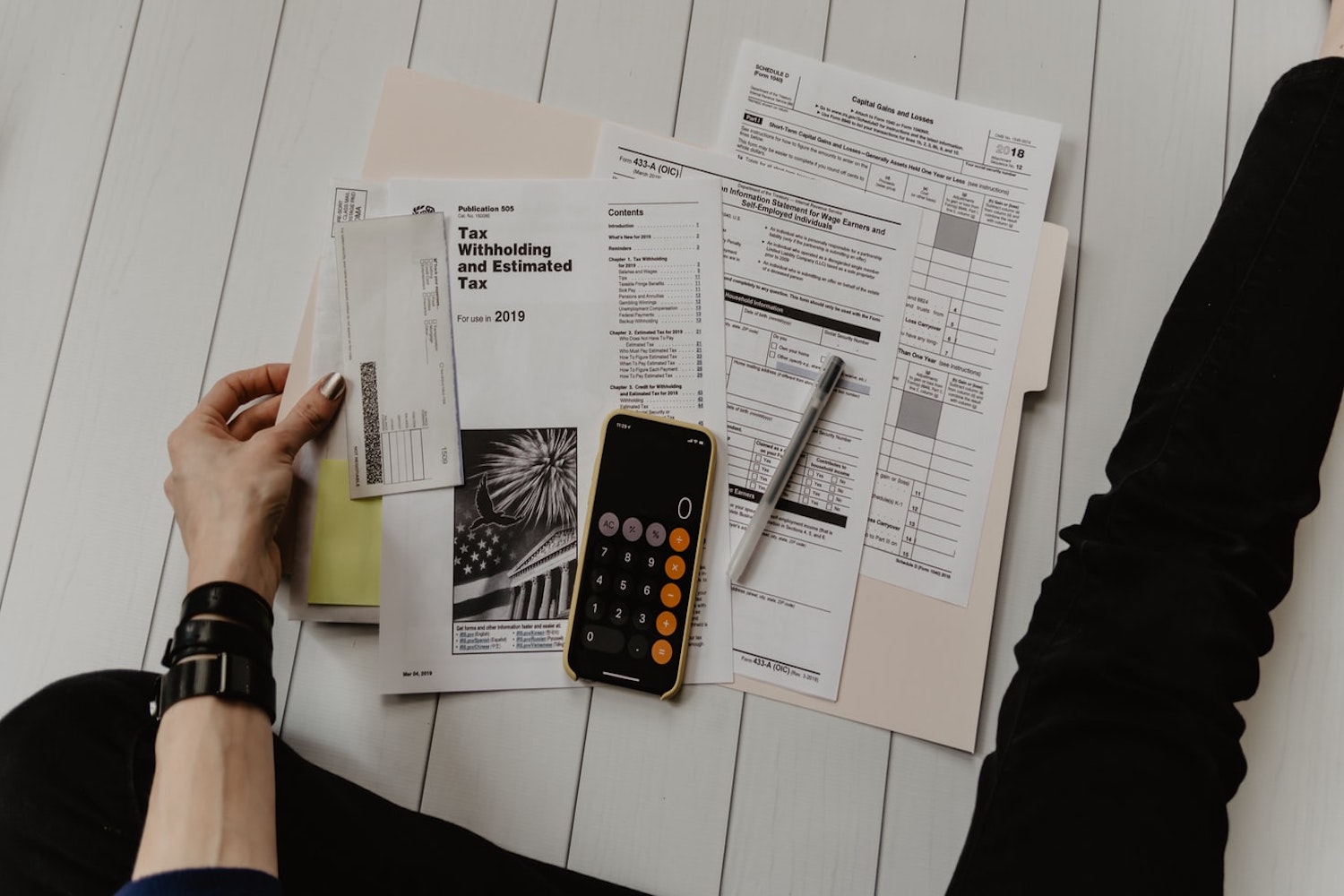Whether you’re an individual or a business, there may come a point when spending time to perfect your finances and taxes is no longer worth it and you may as well hire out. If you’re unsure if it’s time to hire someone to help you, review our checklist to help you make a better decision.
Scenarios
- You have multiple sources of income
- You have started your own business and are unsure of the requirements
- You have sold a business
- Your business involves foreign countries
- You want tax advice throughout the year
- You earn more than $250k individually or $300k joint in marriage
Other times people choose to hire on someone else is if they have sudden changes in income such as a drastic increase or decrease in income. Individuals who experience other sudden changes such as a divorce or have increased their revenue streams may choose to want to outsource help in order to prevent accidental issues in their filings and reports. If you do not consider yourself a numbers-person, it may also be beneficial to ask for help.
If you own a business, some choose to do their own taxes and financial requirements, however, when income starts to increase or responsibilities become hard to manage, it may be a smart investment to hire someone to ensure everything is correct and you spend your time working on the aspects of your business you excel at instead of adding on extra stress.
Financial advisors help you reduce stress when it comes to personal finance or the financial sector of your business. If you’re feeling overwhelmed or unsure of the steps requires, you may consider various services from financial advisors.



